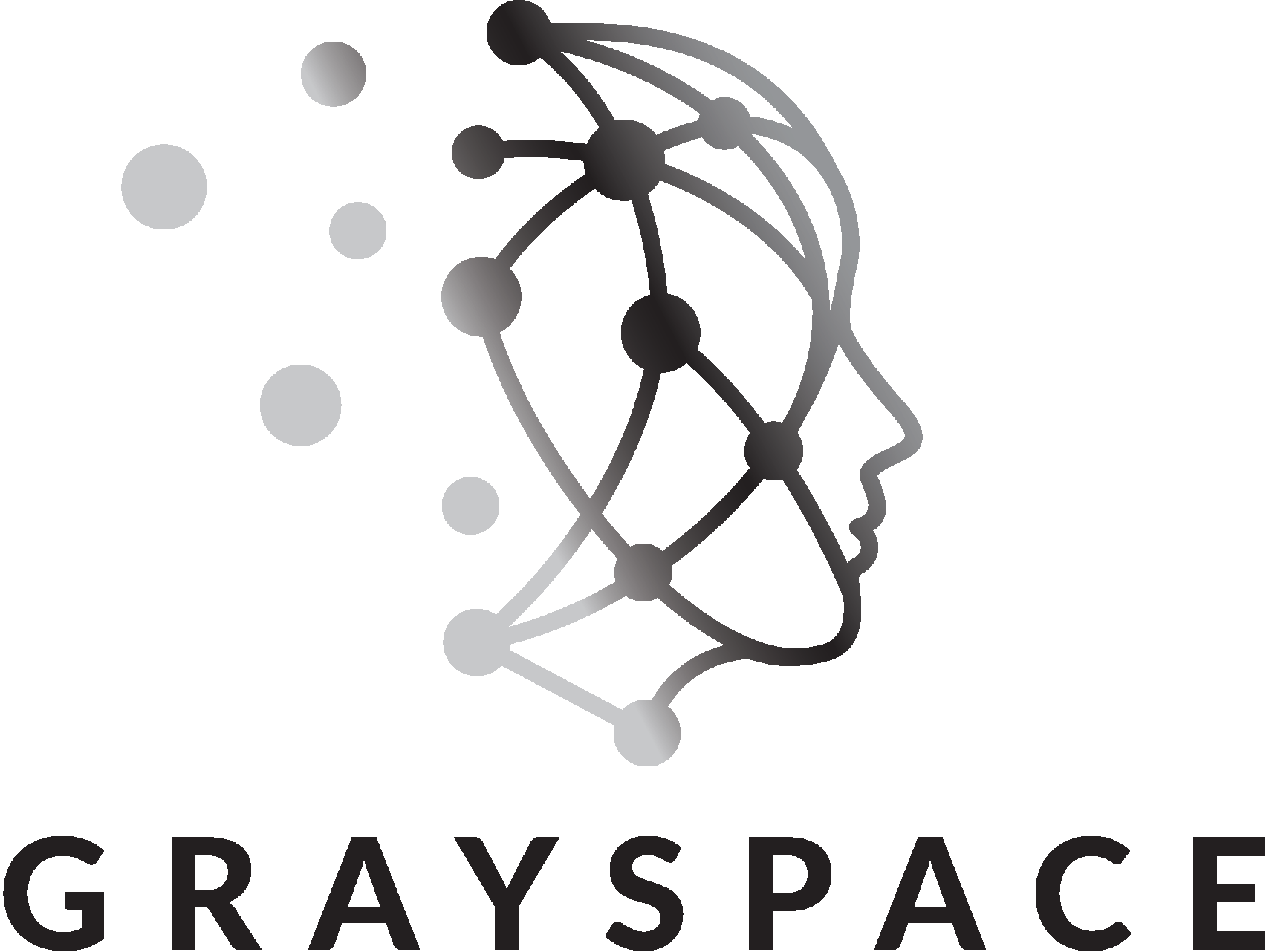September 26th, 2024
Coaching vs. Counseling: Choosing the Best Path for Your Personal and Professional Growth
As people become more focused on personal development and overall well-being, many are faced with the decision of choosing between therapy or coaching—or sometimes both. While each offers a unique set of benefits, understanding the differences between the two is key to making the right choice for your needs.
In this blog, I’ll explore the differences between coaching and counseling, outline the benefits of each, and explain when coaching might be a better option. I’ll also share how a therapeutic coach—someone who is trained in both psychotherapy and coaching—offers a unique blend of support that can help you achieve your goals while addressing emotional barriers that may stand in your way.
Understanding the Differences Between Coaching and Counseling
While both counseling and coaching aim to foster growth and self-improvement, they are distinct in their approach, focus, and methods.
Counseling is a clinical intervention designed to help individuals process and heal from emotional or psychological issues. It often involves exploring past experiences, understanding how they shape current thoughts and behaviors, and developing strategies to improve mental health and emotional well-being. Counseling is ideal for individuals experiencing anxiety, depression, trauma, or other mental health concerns that require professional support.
Coaching, on the other hand, is a future-focused and action-oriented approach that helps individuals clarify goals, overcome obstacles, and achieve specific outcomes. Coaching does not delve deeply into past experiences or address psychological issues. Instead, it centers on helping individuals maximize their personal and professional potential. It’s an ideal choice for those who are already functioning well but want to elevate their performance, enhance life satisfaction, or achieve more specific aspirations.
Key Differences Between Counseling and Coaching:
- Focus:
- Counseling is focused on healing emotional and psychological wounds and improving mental health.
- Coaching is focused on goal-setting, personal development, and achieving future aspirations.
- Approach:
- Counseling often involves exploring past experiences to understand present behaviors and emotions.
- Coaching is action-oriented and emphasizes strategies, accountability, and achieving measurable results.
- Methodology:
- Counseling can be long-term or short-term, depending on the individual’s needs and mental health challenges.
- Coaching typically has a more structured and time-limited format, focusing on creating and executing a plan to achieve specific goals.
Benefits of Counseling
Counseling provides a safe, confidential space to explore and address emotional difficulties, mental health concerns, and unresolved trauma. The benefits of therapy include:
- Emotional Healing: Counseling offers structured support to process and heal from trauma, loss, and unresolved emotional pain.
- Mental Health Support: Counseling is ideal for individuals dealing with anxiety, depression, and other mental health conditions, providing strategies for symptom management and recovery.
- Self-Awareness and Insight: Counseling helps individuals gain deeper self-understanding by exploring the roots of their thoughts, behaviors, and emotions.
- Enhanced Relationships: Counseling can address relationship dynamics and help individuals develop healthier patterns of interaction with others.
Benefits of Coaching
Coaching is most beneficial for individuals who are functioning well but want to achieve more or overcome specific barriers to success. The benefits of coaching include:
- Clarity and Focus: Coaching helps clients gain clarity on their goals and create actionable steps to achieve them.
- Accountability and Motivation: Coaches provide ongoing support and accountability, which helps clients stay motivated and on track.
- Skill Development: Coaching can enhance skills like communication, leadership, and time management, making it ideal for high-achieving professionals.
- Future-Oriented Growth: Coaching is designed to help individuals reach their full potential and live in alignment with their values and aspirations.
Why Coaching Can Be a Better Option for Those Not Seeking Counseling
Coaching may be a better fit for individuals who:
- Are Not Dealing with Mental Health Concerns: If you’re not facing significant emotional distress or mental health challenges, coaching can provide the forward-focused support you need to achieve your goals.
- Are Looking for Goal-Setting and Accountability: Coaching offers a structured process to clarify your goals, identify obstacles, and create a plan of action—making it ideal for those focused on specific outcomes.
- Want to Optimize Performance or Achieve Specific Outcomes: Coaching is well-suited for high-functioning individuals who want to reach a new level of success, satisfaction, or performance in their personal or professional life.
- Prefer a Future-Oriented Approach: If you’re more interested in developing strategies for the future rather than exploring past issues, coaching can be a better option.
What is a Therapeutic Coach?
A therapeutic coach is a professional who is trained and licensed in psychotherapy and also experienced in coaching. This dual training allows them to integrate therapeutic principles into the coaching process, offering a deeper level of support and understanding.
A therapeutic coach not only helps clients set and achieve goals but also identifies and addresses underlying emotional or psychological barriers that may hinder progress. This approach is particularly beneficial for individuals who are generally functioning well but find themselves repeatedly stuck or struggling with self-sabotage, limiting beliefs, or unresolved issues that prevent them from reaching their full potential.
Benefits of Having a Trained Therapist as a Coach
- Greater Depth of Understanding: A therapeutic coach can recognize when emotional barriers or unresolved issues are affecting your ability to achieve goals and can address these effectively.
- Emotional Safety and Support: Therapeutic coaches are skilled at creating a safe and non-judgmental space, making it easier for clients to explore challenges that might be hard to discuss with a traditional coach.
- Integrated Approach: Therapeutic coaching blends the best of both worlds—combining the insight and self-understanding that therapy offers with the action-oriented strategies and accountability of coaching.
- Holistic Growth: By addressing both the emotional and practical aspects of personal development, therapeutic coaching fosters holistic growth, ensuring that clients achieve their goals while nurturing their emotional well-being.
Choosing the Right Path for Your Growth
The choice between counseling and coaching depends on your specific needs and goals. If you’re dealing with emotional distress, mental health challenges, or unresolved trauma, therapy is likely the best fit. On the other hand, if you’re looking to set and achieve goals, improve performance, or overcome self-limiting beliefs, coaching can provide the structure and support you need.
If you want a blend of both approaches or are unsure which path to take, a therapeutic coach can offer the unique advantage of combining deep emotional support with practical, results-oriented strategies. This integrated approach ensures that you are not only achieving your goals but also nurturing your emotional health and well-being.
Whether you choose counseling, or therapeutic coaching, investing in your personal growth is a powerful step toward creating the life you want.

